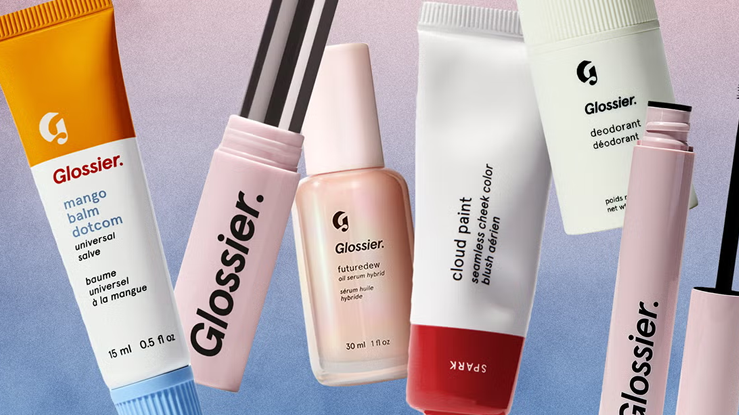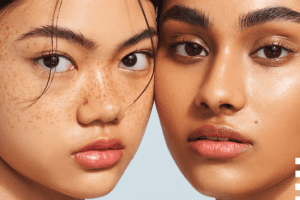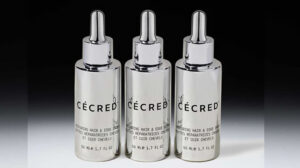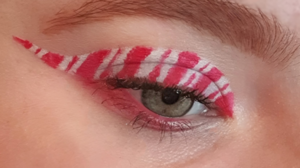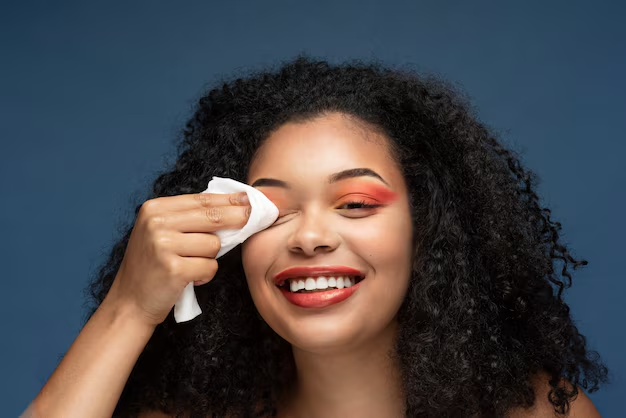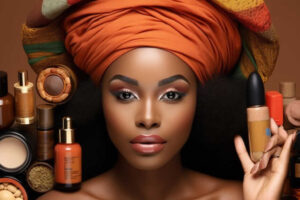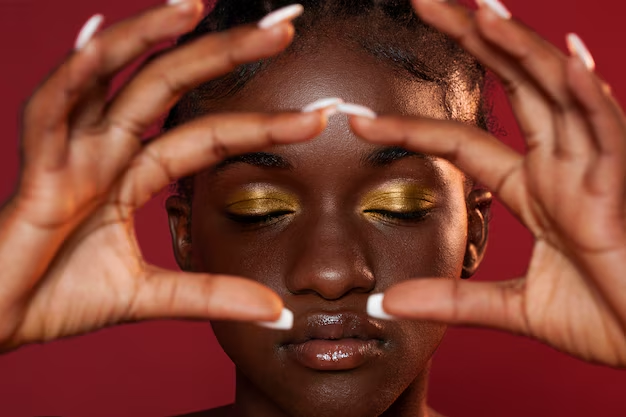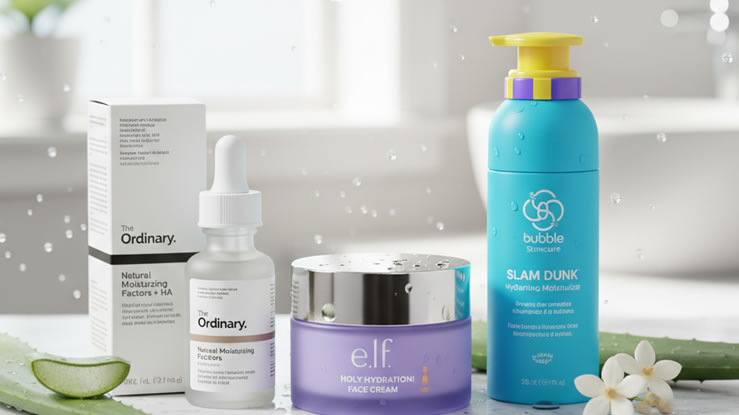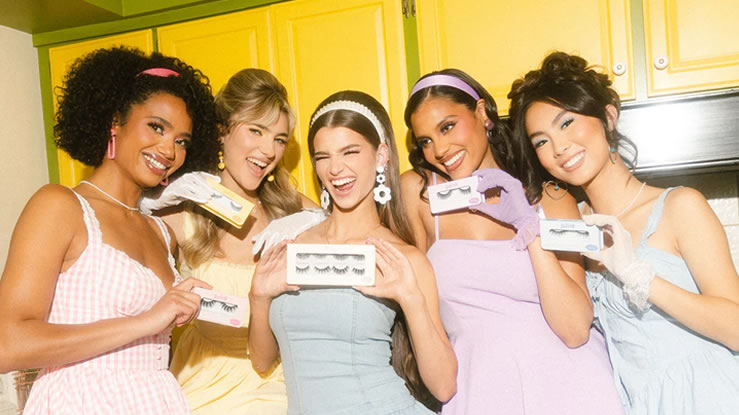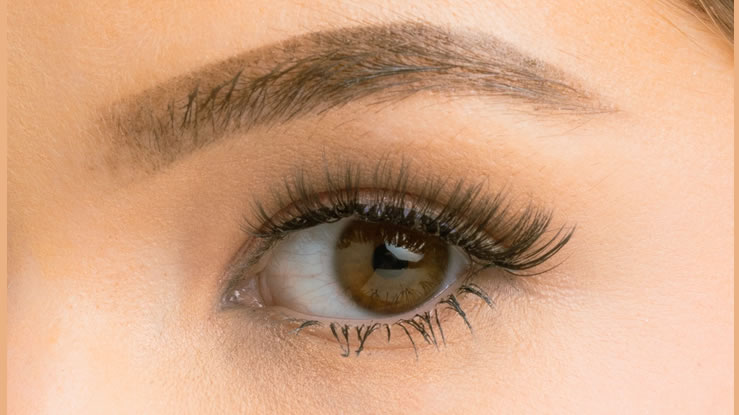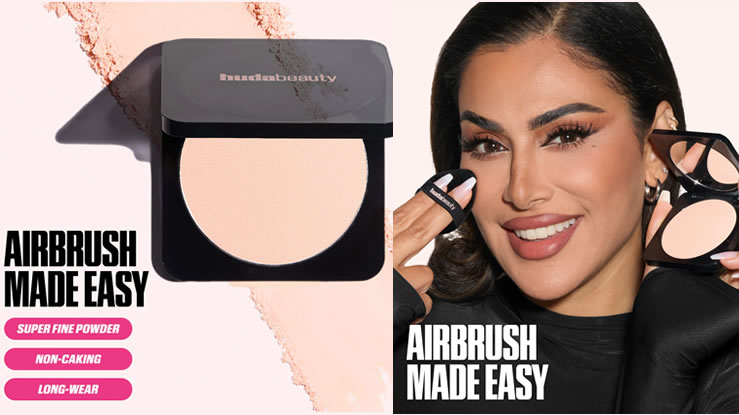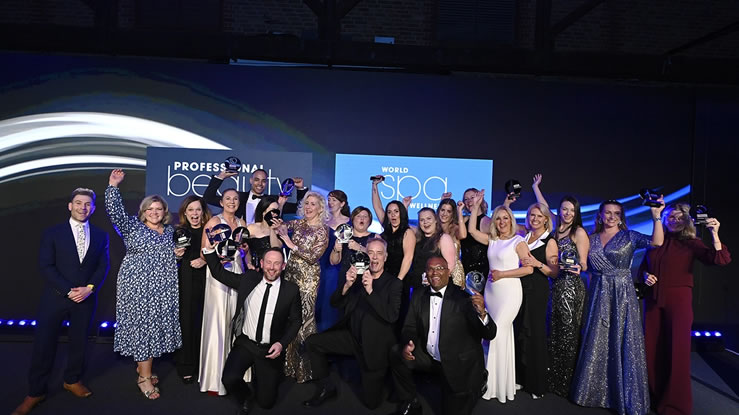Once hailed as a groundbreaking beauty brand for millennials and Gen Z, Glossier revolutionized the beauty industry with its minimalist aesthetic and focus on natural beauty. However, in recent years, the brand has seen a decline in popularity. From cult status to struggling relevance, here are the key factors contributing to Glossier’s diminished appeal.
Changing Beauty Trends
The “no-makeup makeup” trend, which Glossier championed, has gradually been overshadowed by evolving preferences in beauty.
- Bolder Looks Are Back: Many beauty enthusiasts now favor bold, colorful makeup, such as dramatic eyeshadow palettes and full-coverage foundations, leaving Glossier’s minimalist approach feeling outdated.
- Rise of Skincare Over Makeup: While Glossier introduced a few skincare products, its core audience leaned heavily into the expanding skincare market, favoring brands with a stronger skincare focus like The Ordinary or CeraVe.
Increased Competition
When Glossier launched in 2014, it was one of the few brands offering direct-to-consumer beauty products with a social media-driven marketing strategy.
- Crowded Market: Today, numerous brands employ similar strategies, from Fenty Beauty to Rare Beauty, providing consumers with more options.
- Innovative Offerings: Competitors have introduced unique, cutting-edge products that appeal to diverse demographics, leaving Glossier’s product range feeling stagnant.
Failure to Evolve
A significant criticism of Glossier is its lack of innovation over time.
- Limited Product Range: Fans grew frustrated with the brand’s slow pace in releasing new products, leading to stagnation in customer interest.
- Repetitive Marketing: While initially revolutionary, Glossier’s social media-heavy marketing and reliance on millennial pink branding have become less impactful in a rapidly changing market.
Issues with Inclusivity
Inclusivity has become a major focus in the beauty industry, with brands like Fenty Beauty leading the charge.
- Limited Shade Ranges: Glossier faced backlash for not offering enough options for deeper skin tones, especially in its complexion products like skin tint and concealer.
- Perceived Exclusivity: Critics argued that the brand’s minimalist aesthetic catered primarily to fairer skin tones, alienating a more diverse audience.
Internal Challenges
Glossier has faced internal issues that have further impacted its success.
- Leadership Missteps: Reports of workplace culture problems, including allegations of poor management and exclusionary practices, tarnished the brand’s reputation.
- Retail Closures: The closure of its physical stores during the pandemic reduced its visibility and hindered customer experiences that once set the brand apart.
Oversaturation of the Brand Identity
Glossier’s once-unique aesthetic, centered on millennial pink and “Instagram-friendly” packaging, became oversaturated in the market.
- Loss of Uniqueness: The minimalist, pastel aesthetic that defined Glossier has been widely adopted, making it harder for the brand to stand out.
- Decline of Social Media Buzz: As trends shift on platforms like Instagram and TikTok, Glossier has struggled to maintain the same viral appeal it once enjoyed.
Lack of Strong Retail Presence
While Glossier initially thrived as a direct-to-consumer brand, its limited retail presence became a disadvantage as competitors expanded into major retailers like Sephora and Ulta.
- Convenience Matters: Consumers increasingly value the ability to swatch and test products in-store, an experience Glossier couldn’t fully offer.
Rising Customer Expectations
With the beauty industry becoming more competitive, customer expectations have risen.
- Product Performance: Some customers felt that Glossier’s products, while aesthetically pleasing, didn’t deliver results comparable to similarly priced competitors.
- Sustainability: The growing demand for sustainable packaging and ethical practices put additional pressure on brands, and Glossier has been slow to meet these expectations.
Can Glossier Regain Its Popularity?
While Glossier’s decline in popularity can be attributed to various factors, from changing trends to internal missteps, the brand still has a loyal fan base and the potential to evolve. By addressing inclusivity, innovating its product range, and adapting to current beauty trends, Glossier could once again capture the hearts of beauty enthusiasts.

